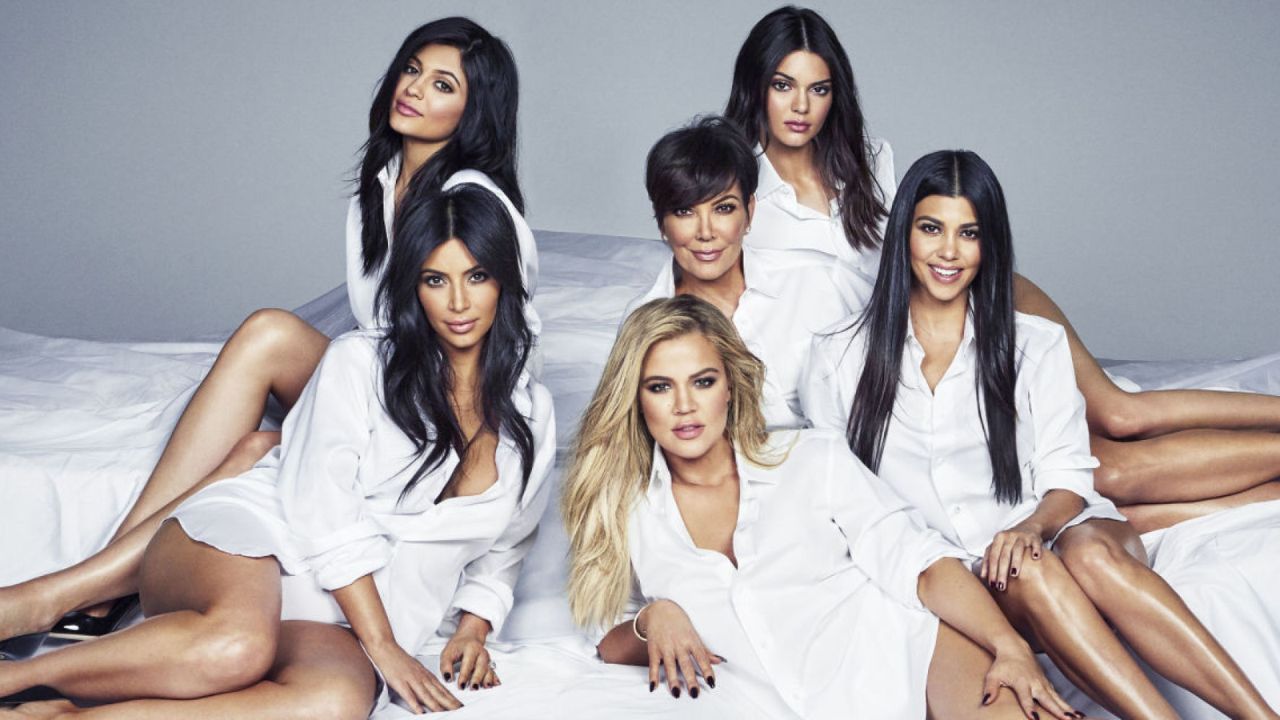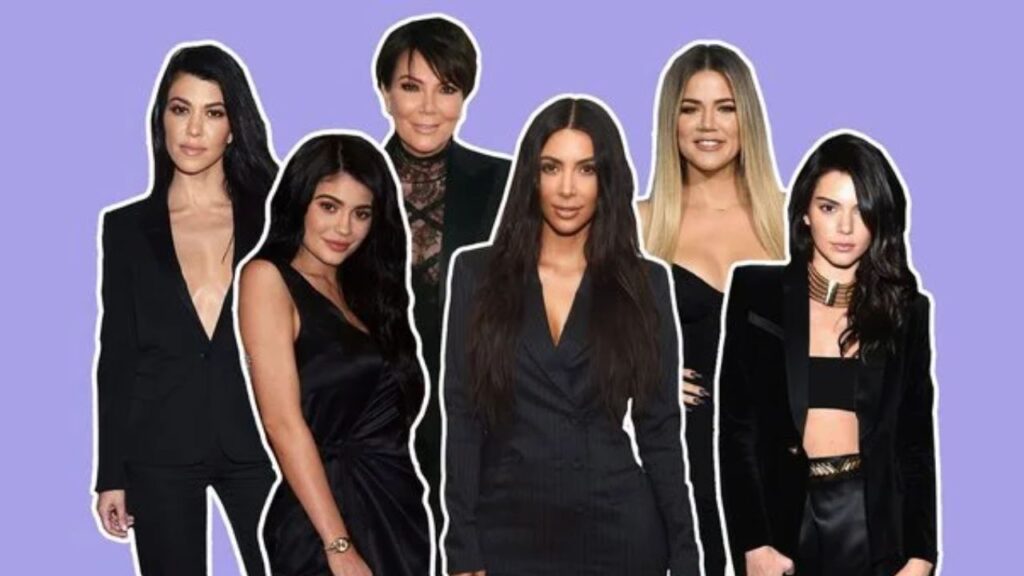In the 21st century, celebrity culture has undergone a remarkable transformation, fueled by the rise of digital platforms, social media, and a shift in how fame is perceived and consumed. Unlike previous eras where stardom was defined by talent, media exposure, and traditional gatekeepers, today’s celebrities are often self-made, leveraging the power of digital tools to build their personal brands. As we explore the evolution of celebrity culture, we witness a phenomenon where fame is more accessible yet more ephemeral than ever before.
The Digital Revolution: Changing the Definition of Fame
The advent of the internet and social media has democratized celebrity status. Platforms like Instagram, YouTube, and TikTok have allowed individuals to amass large followings without needing to break into traditional industries like film, music, or television. Influencers, as these digital stars are often called, are now considered modern celebrities, wielding significant cultural and commercial power.
Unlike traditional celebrities who gained fame through a singular talent or media exposure, influencers often rely on personality, relatability, and niche expertise to build their followings. From beauty gurus to gaming streamers, influencers now dominate the celebrity landscape. The line between celebrities and everyday people has blurred, and fame has become more about online visibility than traditional talent.
Social Media: The New Stage for Stardom
Social media has not only provided a platform for everyday individuals to become famous, but it has also redefined how we interact with celebrities. In the past, the public had limited access to the personal lives of stars, relying on magazines, interviews, or carefully orchestrated public appearances. Today, platforms like Instagram and Twitter allow fans to get a behind-the-scenes look into the everyday lives of celebrities, creating a sense of intimacy and accessibility.

The rise of the “celebrity influencer” further illustrates this shift. Celebrities today are expected to engage with their audiences directly, sharing glimpses of their personal lives, opinions, and even their brand partnerships. This shift has given rise to a new level of authenticity, where fans feel closer to celebrities than ever before. At the same time, it has placed pressure on stars to remain active on social media to maintain their relevance.
The Role of Reality TV in Shaping Modern Celebrity Culture
While social media has had a profound impact on celebrity culture, the explosion of reality TV in the early 2000s also played a significant role in reshaping the landscape. Shows like *Big Brother*, *Keeping Up with the Kardashians*, and *The Real Housewives* franchise created an entirely new category of celebrity: reality TV stars.
Reality TV offered viewers a voyeuristic glimpse into the lives of ordinary people (or those who were already minor celebrities), and in doing so, it transformed them into major public figures. The success of the Kardashian-Jenner family, for instance, can largely be attributed to their ability to turn reality TV fame into a multimillion-dollar personal brand empire.
This new breed of celebrity, built on personal brand cultivation rather than traditional entertainment roles, paved the way for influencers and digital stars to gain similar levels of fame and fortune. As reality TV blurred the lines between real and scripted, it opened the door for people from all walks of life to enter the world of celebrity.
The Commodification of Celebrity: Endorsements and Personal Brands
The 21st-century celebrity is no longer just an entertainer; they are also a brand. Celebrities now use their fame to sell products, endorse companies, or even launch their business ventures. Whether it’s through social media endorsements or personal product lines, stars can directly monetize their fame. Kylie Jenner’s billion-dollar cosmetics company and Dwayne “The Rock” Johnson’s various brand collaborations are prime examples of how modern celebrities leverage their status to create lucrative business opportunities.
Social media has further fueled the commodification of celebrities by making it easier for stars to promote products to their followers. The rise of sponsored content and paid partnerships has made it common for celebrities (and influencers alike) to turn their social media platforms into marketing machines. This trend reflects a broader shift in celebrity culture where success is increasingly measured by a star’s ability to monetize their brand rather than their artistic or athletic achievements.
The Impact of Scandals and Cancel Culture on Celebrity Status
With the rise of social media has come a corresponding rise in public scrutiny. Cancel culture, a phenomenon in which individuals or groups face social and professional repercussions for controversial or offensive behavior, has fundamentally altered the trajectory of modern celebrity careers. In a hyper-connected world where every tweet, post, or statement is under public surveillance, one misstep can result in a swift and brutal fall from grace.
This has led to a paradoxical dynamic in modern celebrity culture: while social media allows for unprecedented levels of fame, it also exposes stars to greater levels of vulnerability. The constant pressure to maintain a positive public image, avoid controversy, and quickly apologize for any perceived wrongdoing can make it difficult for celebrities to navigate the complexities of fame.
Despite these challenges, some stars have used their platforms to raise awareness on social issues, turning scandals into opportunities for personal growth or activism. The ability to respond directly to accusations and engage with fans in real time gives celebrities a chance to shape the narrative in ways that were not possible in previous eras.
The Future of Celebrity Culture: Fame in the Metaverse
As we look toward the future, the concept of celebrity is likely to continue evolving, especially as new technologies emerge. Virtual celebrities, such as AI-generated influencers, are already starting to make waves in the entertainment and marketing industries. These digital creations, often backed by major brands, represent a new frontier in celebrity culture where human and artificial personas coexist.
The rise of the metaverse, a virtual world where individuals can interact through digital avatars, may further blur the lines between real and virtual fame. Celebrities of the future might not just exist in the physical world but could gain popularity in virtual spaces as well. As technology advances, the notion of what constitutes a celebrity will undoubtedly continue to evolve, reflecting the changing dynamics of fame in the 21st century.
Conclusion: Celebrity Culture in Constant Flux
The evolution of celebrity culture in the 21st century has been shaped by the rise of social media, the blurring of traditional fame boundaries, and the commodification of personal brands. As technology continues to evolve, so too will the nature of celebrity. What remains constant, however, is society’s fascination with fame and the ever-growing desire to connect with the stars of our time—whether they’re traditional entertainers, reality TV stars, influencers, or even virtual avatars.

